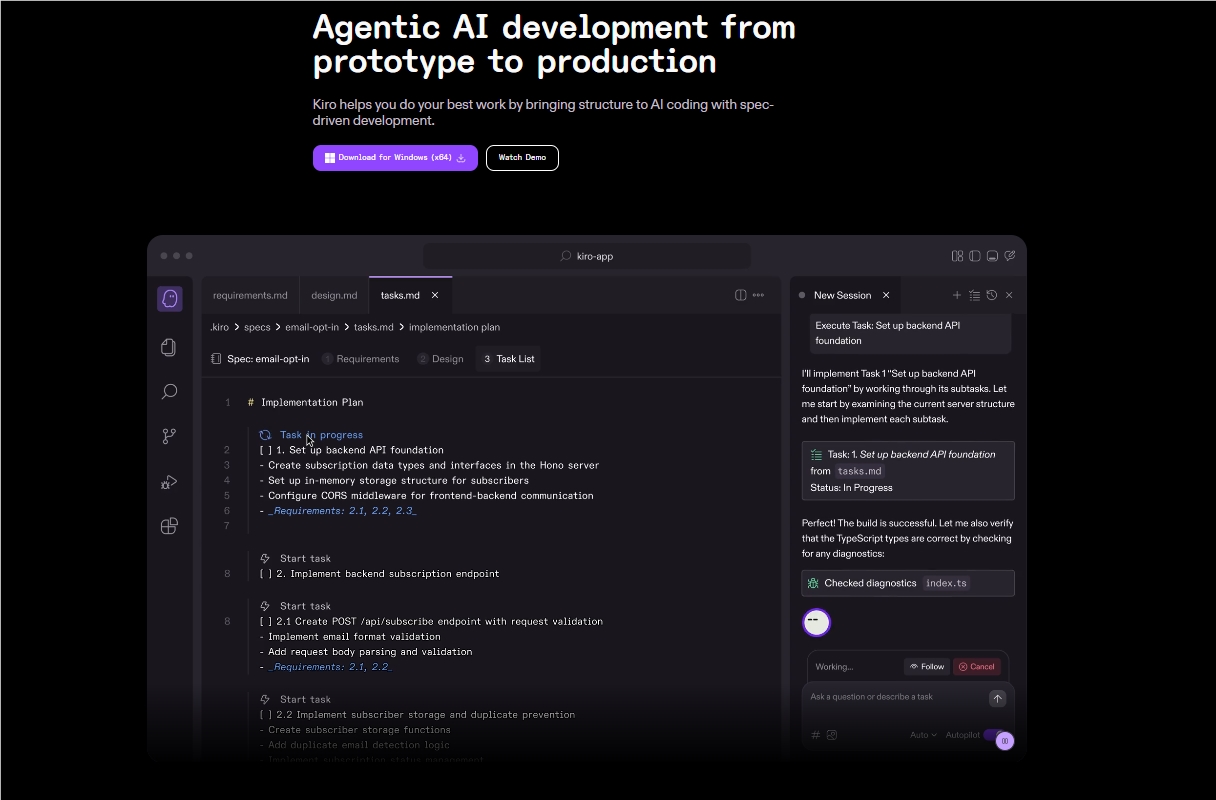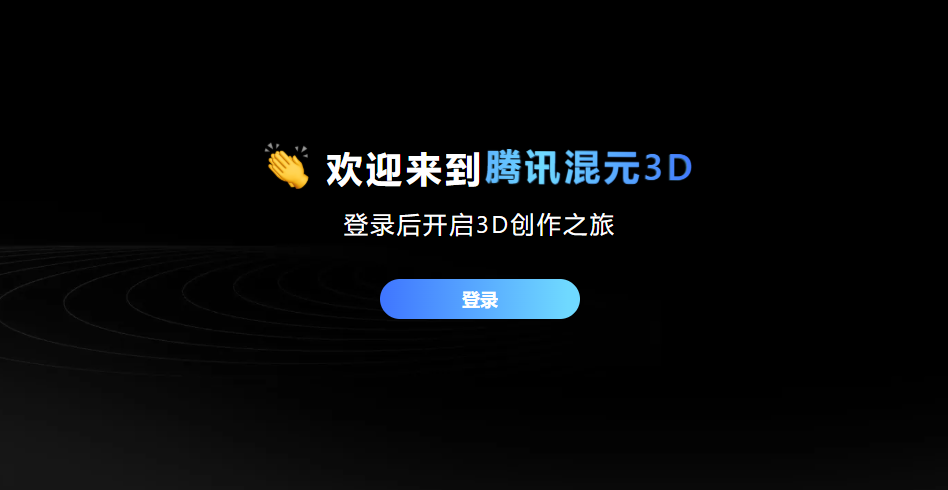As the artificial intelligence (AI) industry experienced three years of rapid growth and high valuations, the arrival of 2026 has prompted both internal and external re-evaluation of this phenomenon. Although investment in AI continues to increase, global spending is expected to exceed $2 trillion in 2026, but the risk of a speculative bubble in the market has also drawn widespread attention. Many investors have started to reduce their shares in tech giants such as Apple, Microsoft, Google, Amazon, and NVIDIA.
At the same time, the debate about the impact of AI on employment continues. The vice-chair of the U.S. Federal Reserve, Philip Jefferson, pointed out that the impact of AI is changing how companies view labor. Some experts believe that the widespread adoption of AI could lead to a demand for universal basic income, especially when many jobs are automated. Although McKinsey predicts that 30% of American jobs will be automated by 2030, Gartner analysts believe that by 2027, AI will create more jobs than it eliminates.
Additionally, discussions about superintelligent AI are intensifying. Dario Amodei, founder of Anthropic, believes that 2026 will be a new breakthrough in artificial intelligence, possibly leading to intelligence surpassing Nobel Prize winners. Sam Altman, CEO of OpenAI, predicts that by 2028, ChatGPT will be able to produce "true AI researchers" who can conduct scientific discoveries. However, Yann LeCun, chief AI scientist at Meta, is skeptical, believing that calling AI "genius" is baseless.
Meanwhile, traditional media is facing a major transformation driven by generative AI. Consulting expert David Casswell pointed out that generative AI represents the biggest transformation in the information ecosystem since the invention of printing. Media companies are considering ways to respond to the threat from chatbots by either transforming their business models or seeking compensation through legal means.
Despite the expectations of revolutionary changes brought by AI, what people commonly see now is low-quality AI-generated content, which aims to quickly gain clicks and revenue. Social platforms have taken measures such as labeling, reviewing, and anti-spamming to try to control the spread of this poor-quality content, but the results remain unclear.
Key Points:
📰 The AI industry is experiencing an investment boom, but the risk of a market bubble is rising.
🤖 The impact of AI on employment remains controversial, and it is expected to change the labor market.
📰 Generative AI poses a threat to traditional media, and media need to find new strategies to cope with it.









